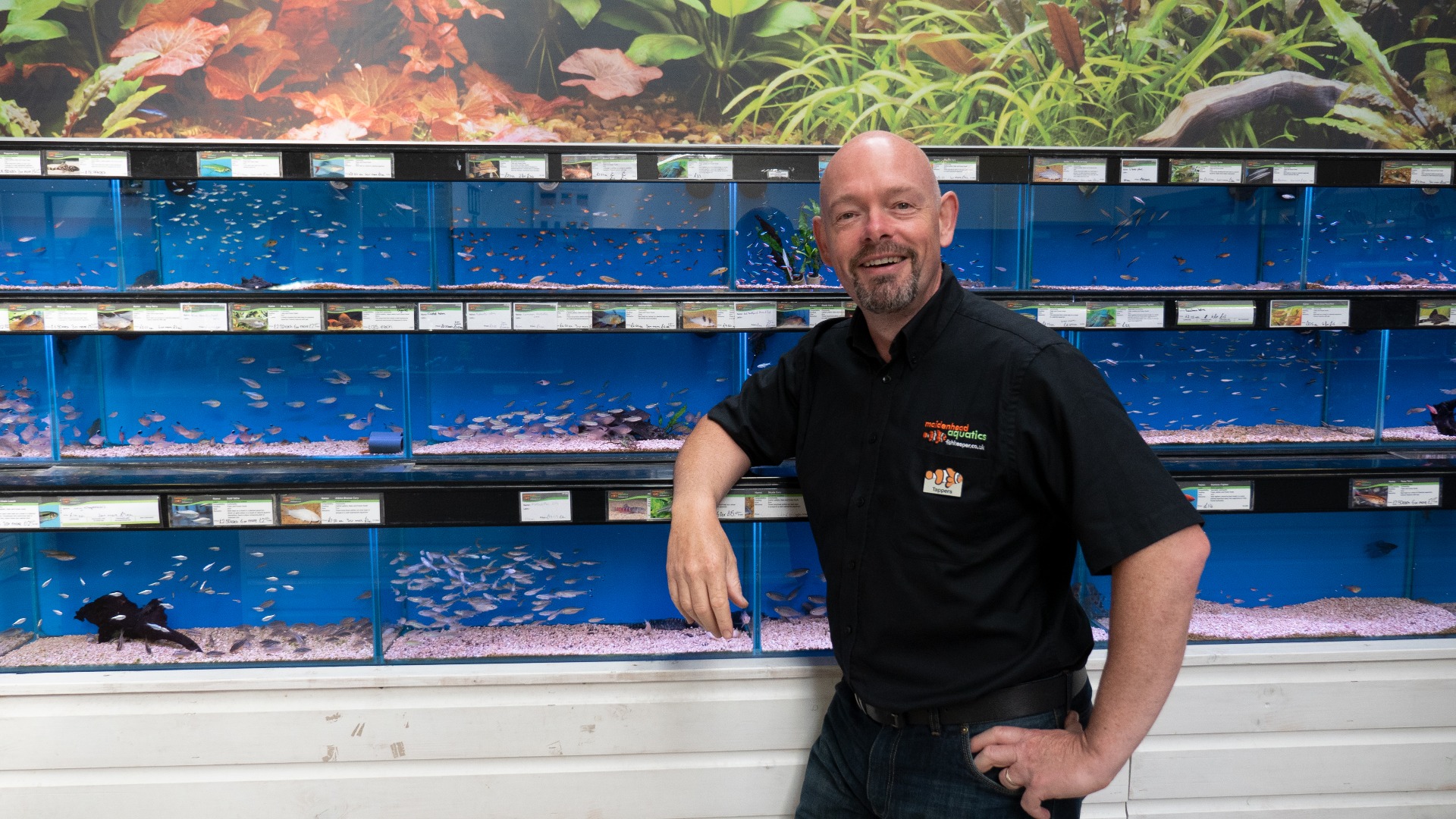How can I get rid of the blanket weed in my pond?
"I hate blanket weed, but it seems to be stuck in my pond. It’s horrible stuff! How do I get rid of it?"
This is a question that pond owners will probably be asking forever and unfortunately the news isn't good, because when you have clear and healthy water, the chances are high that you'll get blanket weed. This is after all a natural, native, filamentous algae, the spores of which can be brought to your pond by insects or birds or even by the wind. Don’t fight it - accept it but we can tell you how to manage it so well that you wouldn’t even know it was there.
Firstly, it's well worth remembering that you will have far more success controlling blanket weed if your pond has a suitably adequate pump and filter system. Overstocking with fish and/or not having the right kind of filtration is almost a cast-iron guarantee that blanket weed will rule supreme in your pond. This is because blanket weed thrives on the waste created by organics in your pond - everything from fish waste and uneaten food, to rotting pond plants and fallen leaves. The trick to dealing with blanket weed is to remove the potential fertilising sources before they can linger long enough to develop into a problem. As blanket weed thrives in the same conditions as pond fish, we naturally create the right conditions for it to grow in most ponds.
The most natural and effective way to get rid of blanket weed is to regularly remove it. Each time the algae grows it hoovers up organic wastes and converts them into filamentous green growth. This weed is actually cleaning and purifying your pond. As a control measure, you can let it grow to its greatest extent, then, with a simple stick or blanket weed brush, remove as much of the weed as you can. Once you have collected all you can, leave it in a pile directly beside the pond for a couple of days. This will ensure that any animal inadvertently collected with it have ample time to escape and return back to the water.
After this critter-based amnesty, the whole mass can be thrown onto your compost heap where it will make fine mulch for the rest of your garden. It should be noted that although this method is highly effective, it is indeed time-consuming and works best in natural wildlife ponds or under-stocked, well-filtered goldfish ponds. To support physical removal, beef up your planting with fast-growing marginal plants and oxygenators to tip the balance. Watercress (Nasturium officinale) is particularly effective and as it grows above the surface, it won't get smothered by algae growth. To keep it working hard, pinch it back to stop it flowering and going to seed. The tender floating plants such as Water Hyacinth (Eichornia crassipes) are also greedy consumers of the same nutrients and also provide useful shade. Note that unlike algae, higher plants need elements such as iron, so using an aquatic plant food keeps them in good shape for the fight and won't benefit algal growth.
Another available option is to choose an algaecide. This will only ever be a temporary solution, however, as you are killing the growth but not dealing with the root of the problem. Technically, an algaecide is simple and easy to use - always follow the instructions and ensure that it is totally suitable for your pond and all of the creatures or wildlife therein. Speak to staff at your local Maidenhead Aquatics store if you are in any doubt over which product to use. This is the perfect option for those with fish-free water features or designer ponds where regular treatments can be easily administered without worrying about the knock-on effect to any pond inhabitants. As with any garden chemicals, the use of these aquatic 'weedkillers' should be seen as a temporary solution and shouldn't be relied upon, as it does little to tackle anything but the symptoms of a more complex problem.
Lastly, we come to the “magic” option. Rather than removing, or killing, the blanket weed directly, you can remove the source of the growth. Phosphate is a key asset in the onward march of blanket weed, so if you can remove or reduce this chemical cad, you can win the war with the weed. There are many different products on the market designed to do this, but we would recommend Stop Blanketweed by Evolution Aqua. It is easy to use, safe for all wildlife and extremely effective in binding phosphate in your pond and usually, just one treatment is all you need. Directing your attack on the true source of the blanket weed problem is always the best way forward and is suitable for any and all pond owners.
